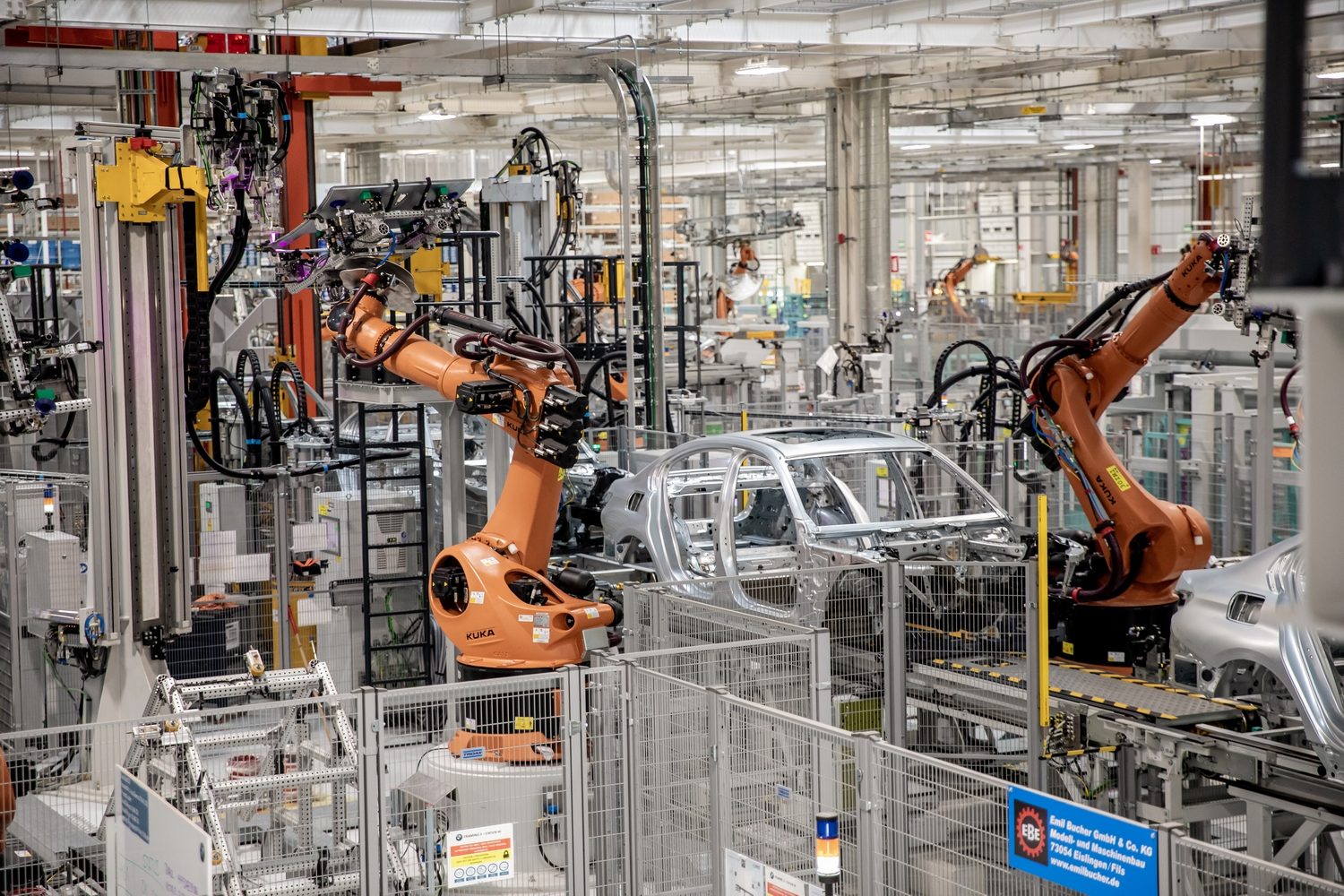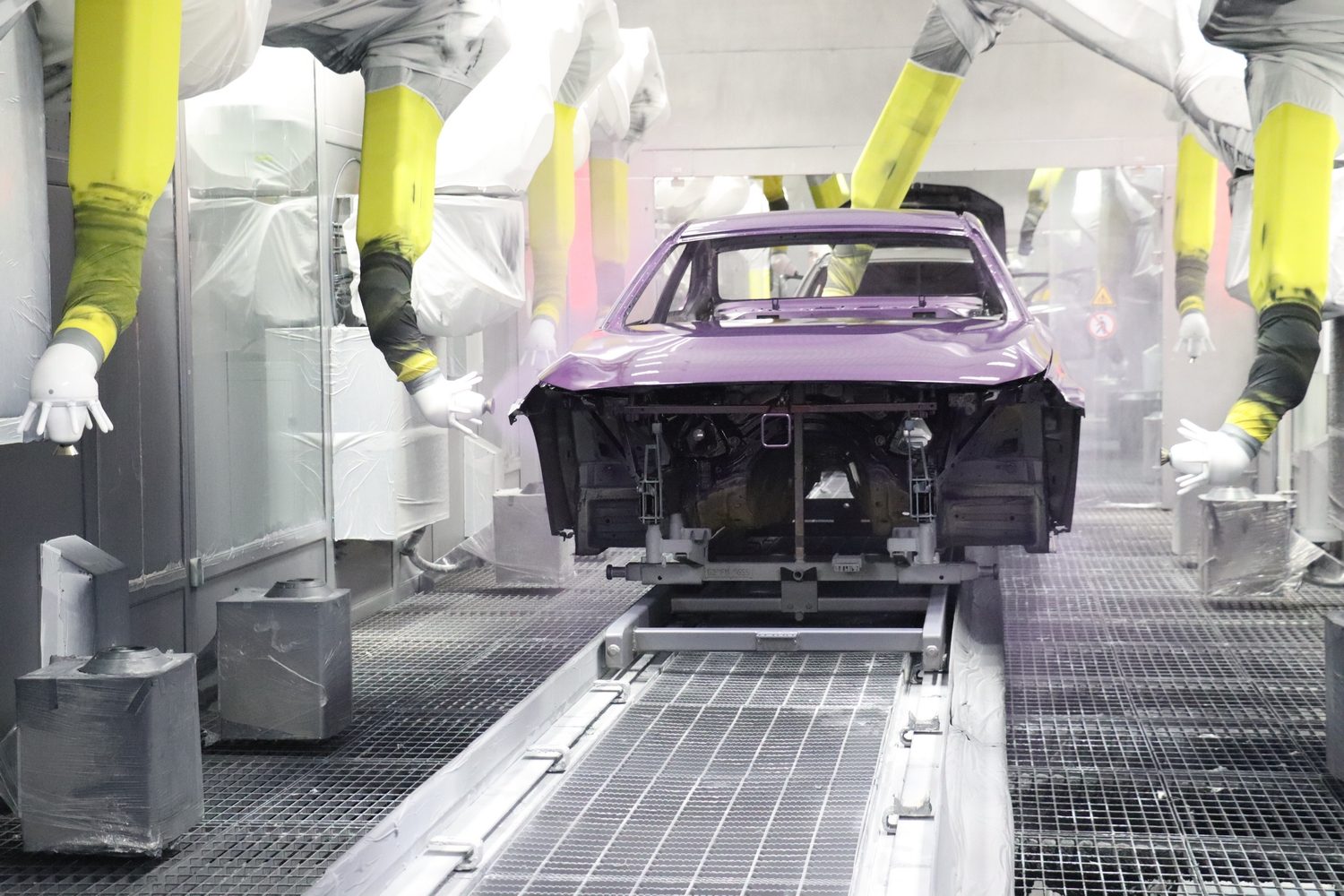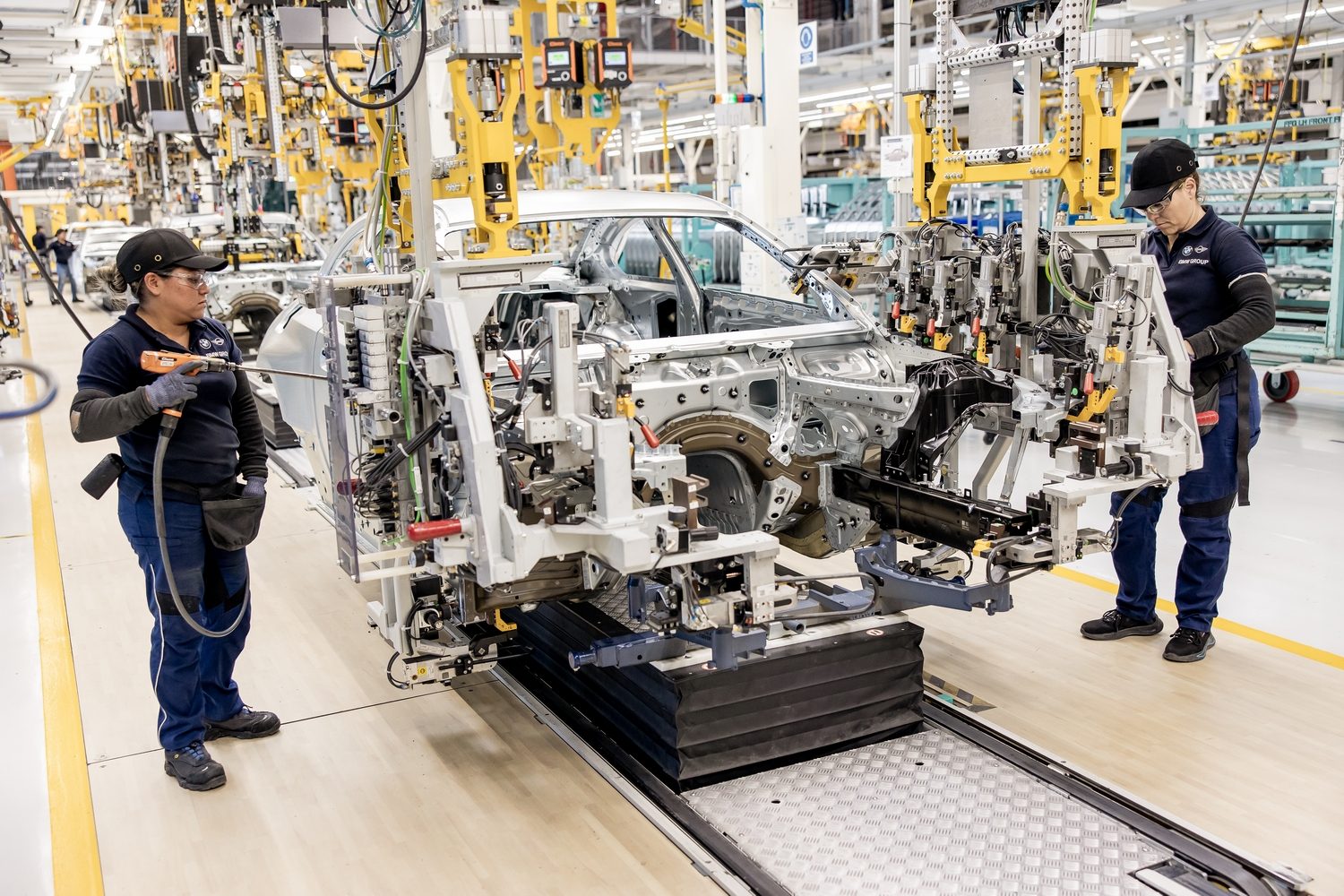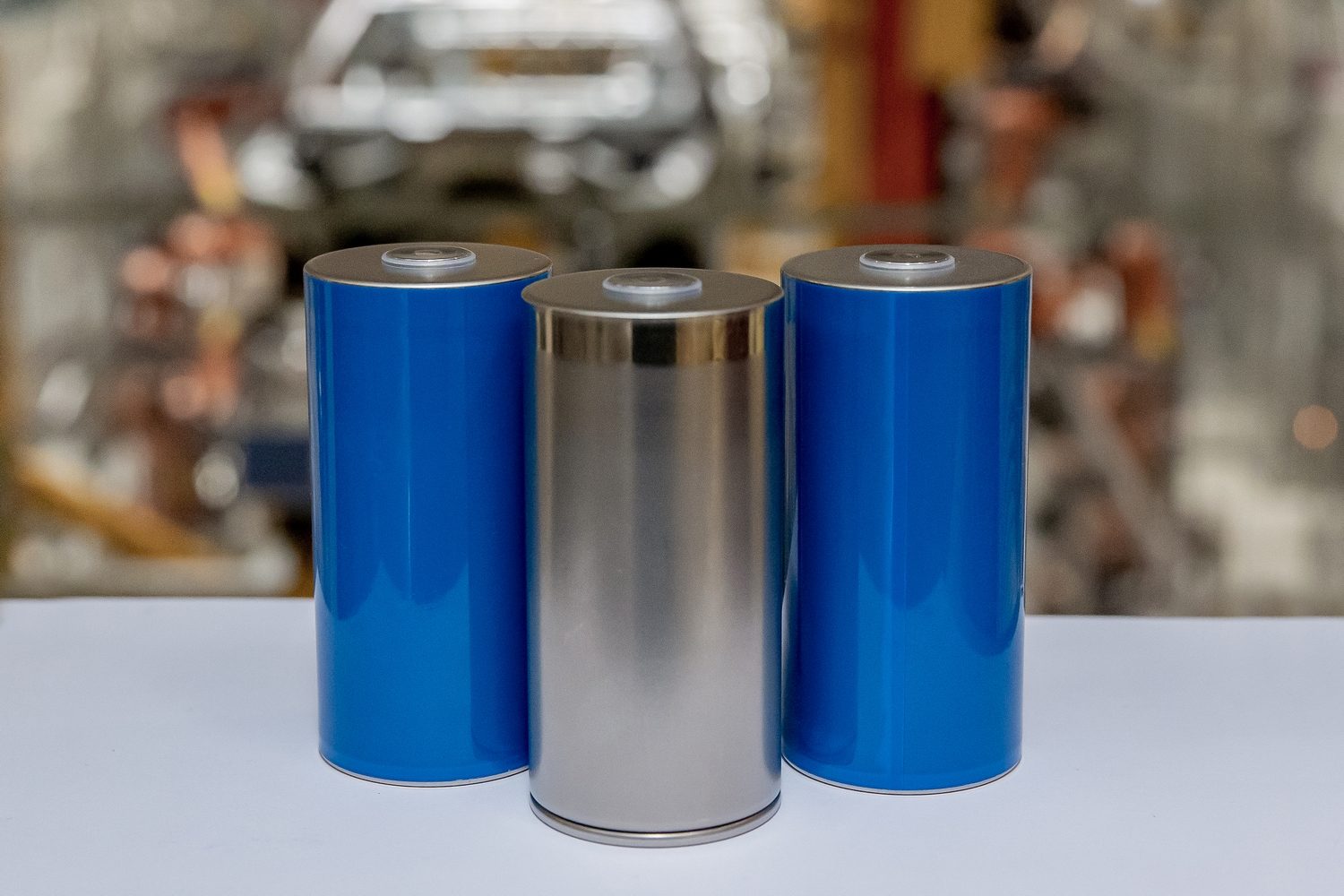BMW is getting closer and closer to the launch of its ‘Neue Klasse’ electric models. The first such ‘New Class’ model, the all-electric SUV replacement for the iX3 as previewed by the i-Vision Neue Klasse X concept car, will go into production next year, and it will be swiftly followed by a sleek-looking four-door saloon, which is expected to become the new BMW i3.
Batteries for Mexico
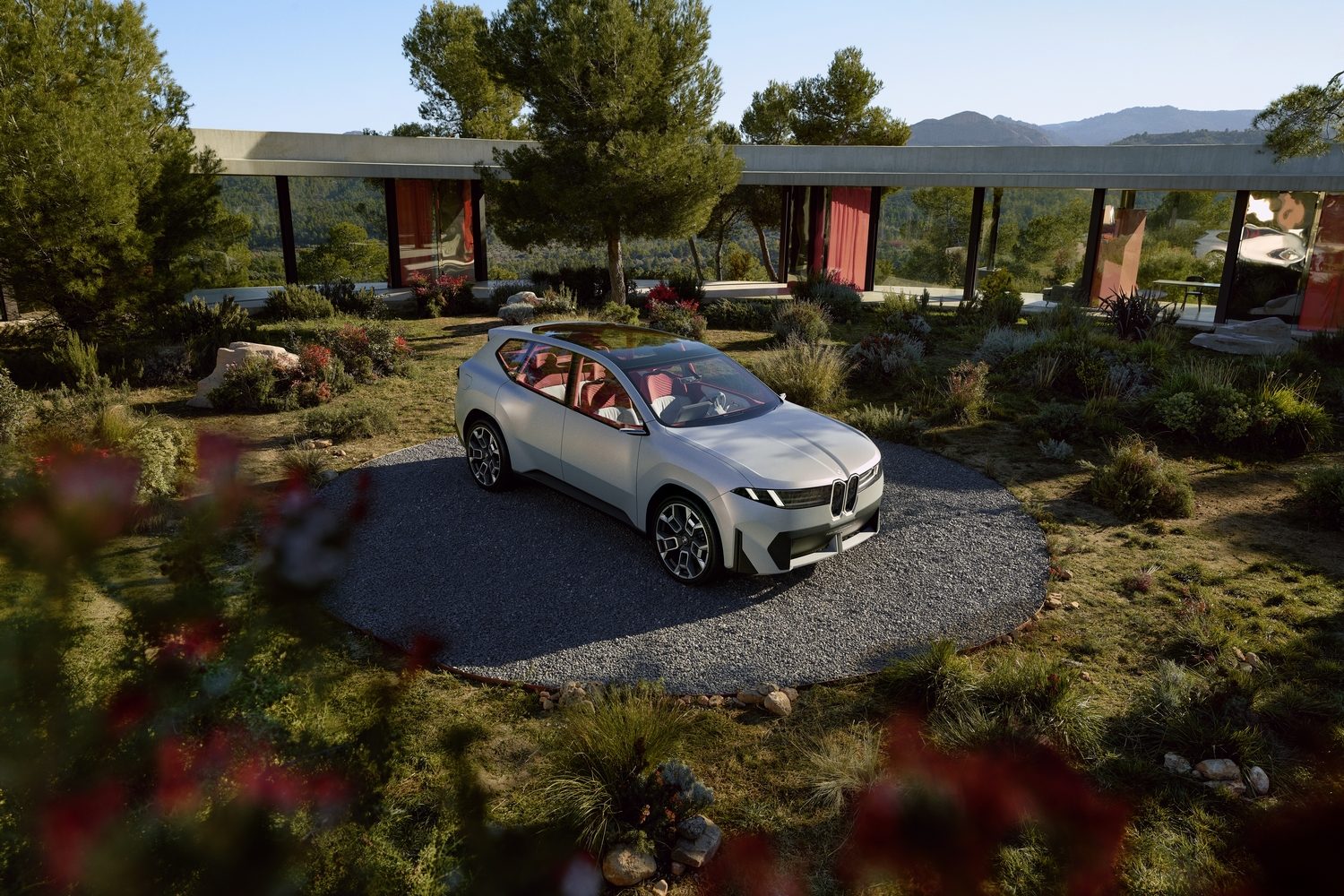
While both cars will be distinctively and definitely Germanic in their style and (we hope...) their driving experience, both are truly global cars and will need components from global factories. Hence why BMW has invested €800 million into the Mexican town of San Luis Potosí. That’s where the Neue Klasse’s batteries will be made.
Not only that, but the San Luis Potosí plant will also eventually make the whole Neue Klasse itself. Initially, the SUV model will be made in Hungary, and the saloon in Munich, but by 2027 it’s expected that the Neue Klasse SUV will also be built in Mexico.
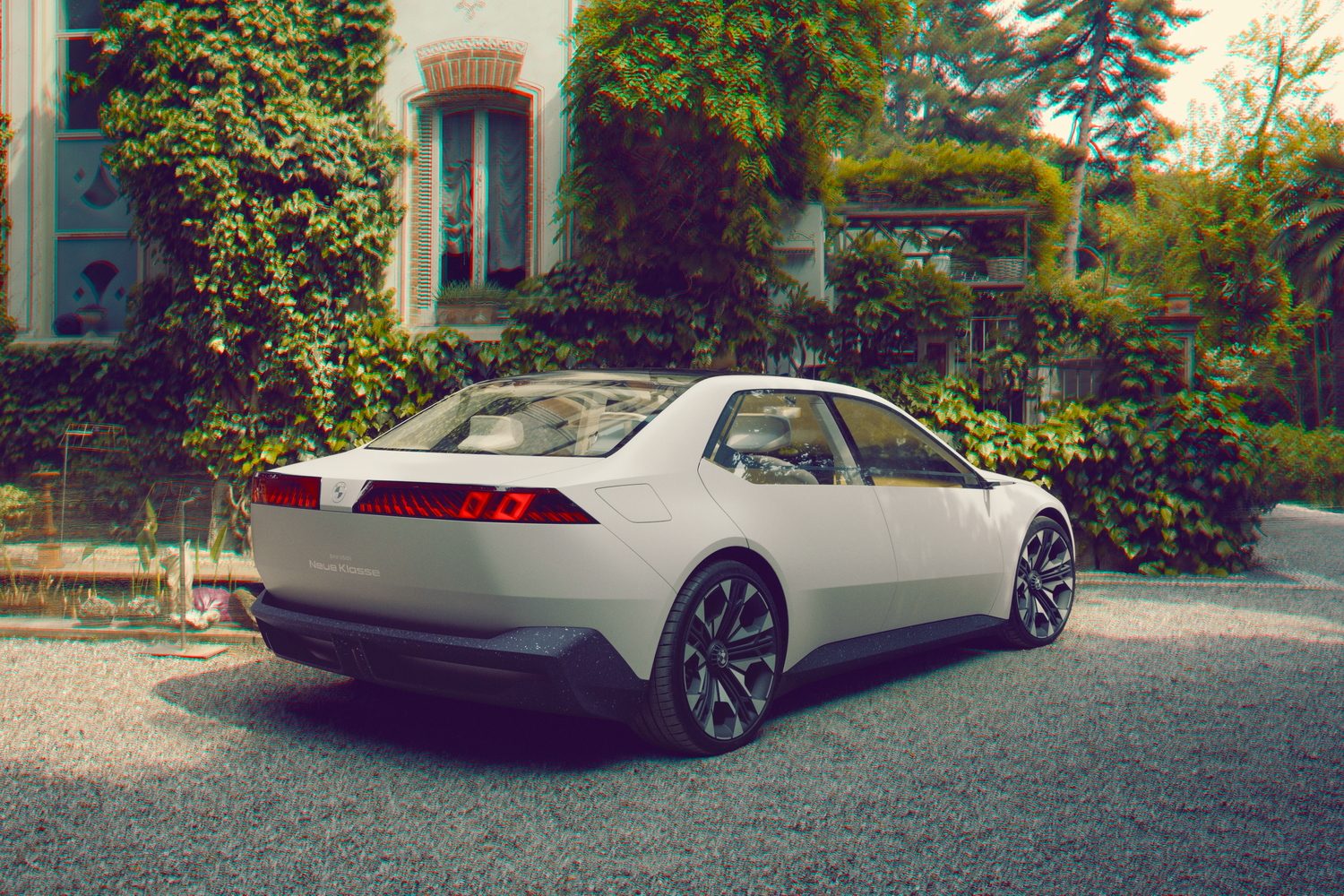
Five locations on three continents
The battery factory will initially have a total area of some 80,000 square metres. “The battery assembly in San Luis Potosí will be part of our global production network. For our new sixth-generation e-drive alone, we are building five locations on three continents,” explained Milan Nedeljković, member of the Board of Management of BMW AG responsible for production, at the start of construction in Mexico. Nedeljković also said that the BMW Group is committed to the “local for local” principle worldwide. “Locating battery factories close to vehicle manufacturing makes production more resilient.”
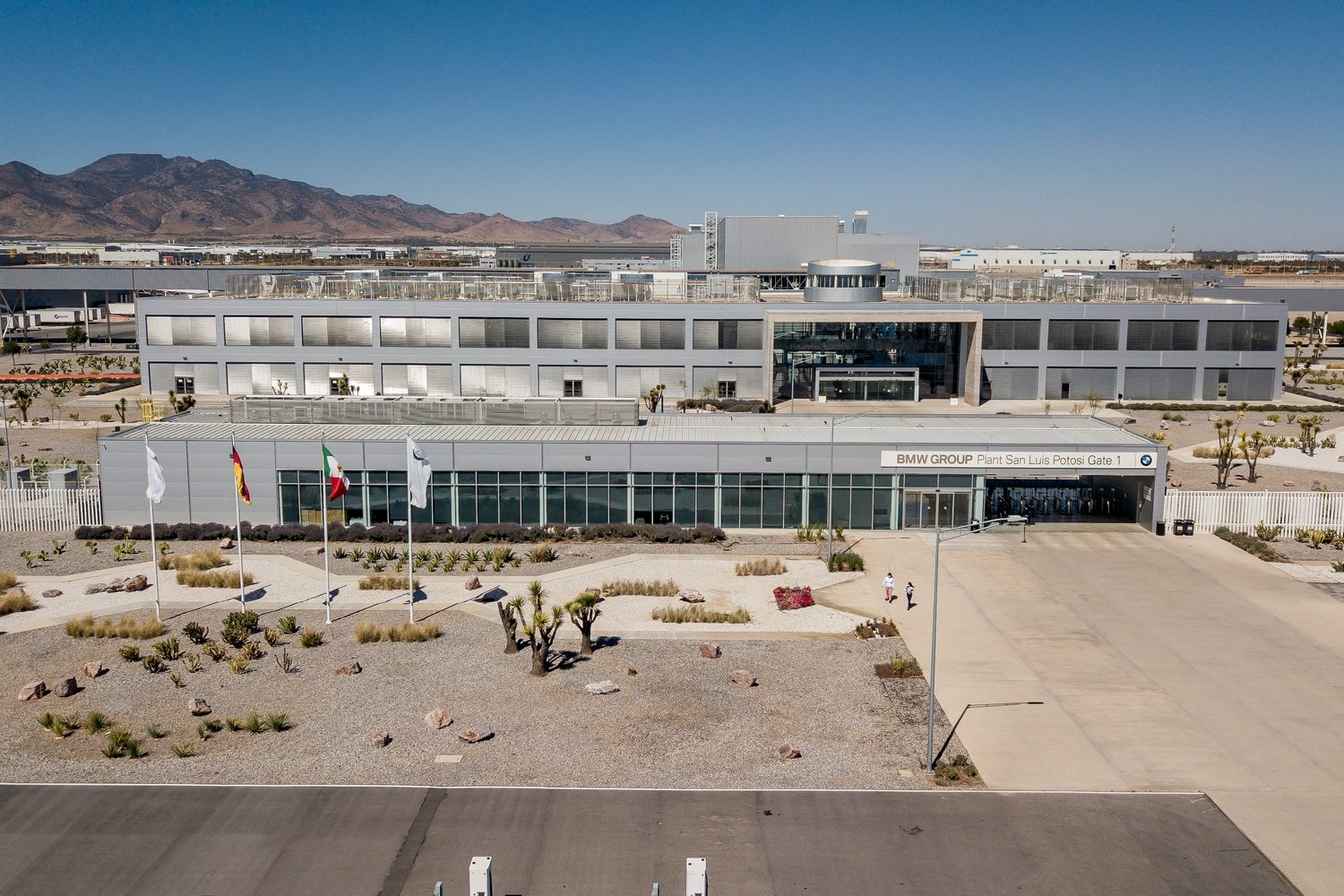
So just as the site at San Luis Potosí will eventually have a battery factory located right next door to the car factory, BMW is also investing in similar co-located facilities in Debrecen in Hungary, Shenyang in China, Woodruff, near Spartanburg in the USA, and Irlbach-Straßkirchen in Lower Bavaria. The idea is that this approach safeguards production, even in the event of unforeseen political and economic upheaval - as well as reducing the overall carbon footprints of the vehicles, as the batteries don’t have to be shipped around the world to be fitted to the cars.
More efficient, more range
The battery cells that will be built in San Luis Potosí and the other global sites will be BMW’s new sixth-generation, round-cell batteries which are claimed to be 20 per cent more energy dense, 30 per cent faster to charge and able to extend the one-charge range, compared to current models, by around 30 per cent. That should mean a range of more than 600km for the Neue Klasse SUV and possibly as much as 700km for the saloon.
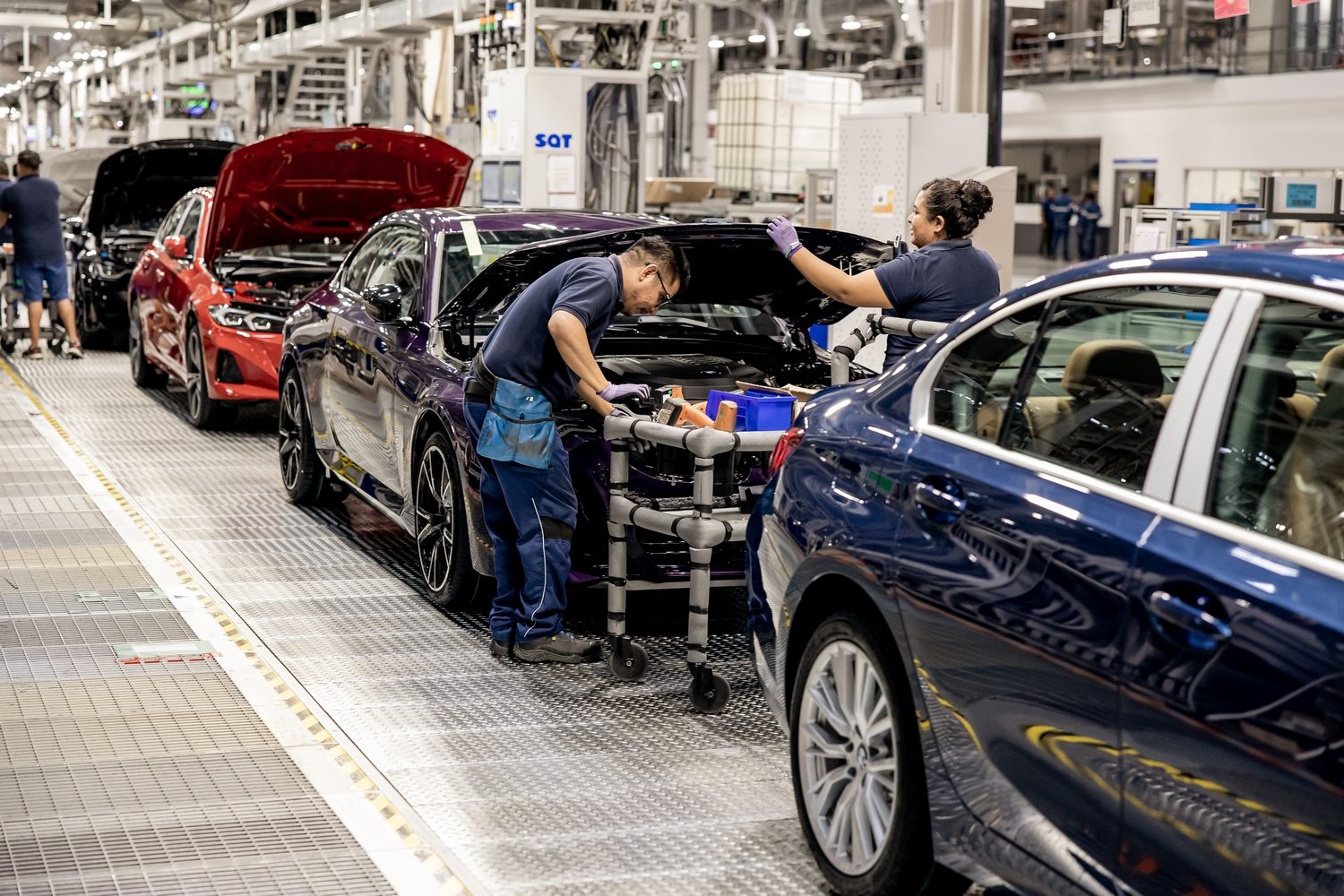
It’s not just the battery plant that’s being added at BMW’s Mexican site (which currently makes the 3 Series saloon as well as the 2 Series Coupe and the M2). A new body construction area will also be added, as will a new logistics and shipping section.
Reducing carbon footprint
“With this further development of our site, we are also gearing up in Mexico for the launch of the next BMW model generation. As the first premium OEM producing fully-electric vehicles and high-voltage batteries in Mexico, we are at the forefront of our industry and, at the same time, continuing to reduce our environmental footprint,” said Harald Gottsche, president and CEO of BMW Group Plant San Luis Potosí.

The factory will also expand its renewable energy generation through the fitting of new solar cells. “In Mexico, we are planning to expand the photovoltaic systems within the plant, to double the output from the solar panels,” said Nicole Haft-Zboril, Head of Real Estate Management at the BMW Group. “The plan is to generate more than 20 per cent of the electricity we need at the moment - directly on the factory premises.” The wastewater treatment plant has also been expanded, with an investment of €3.3 million significantly increasing the reuse of treated wastewater.
As well as all the physical infrastructure, BMW says that’s it’s also “stepping up its commitment to skills development, aimed at ensuring employees are highly qualified and prepared for the challenges of the future.” The company currently employees 3,700 people in San Luis Potosí.

